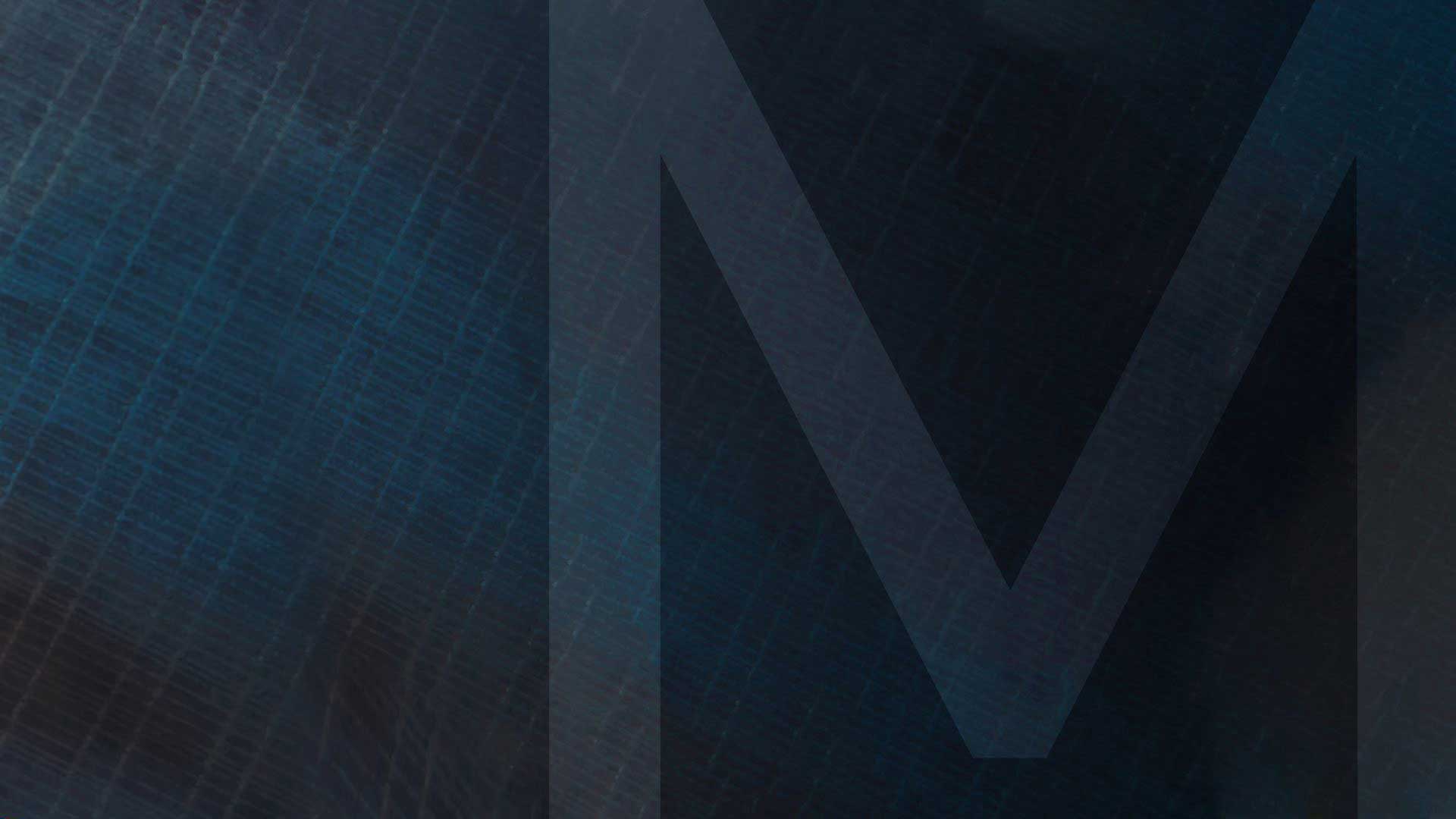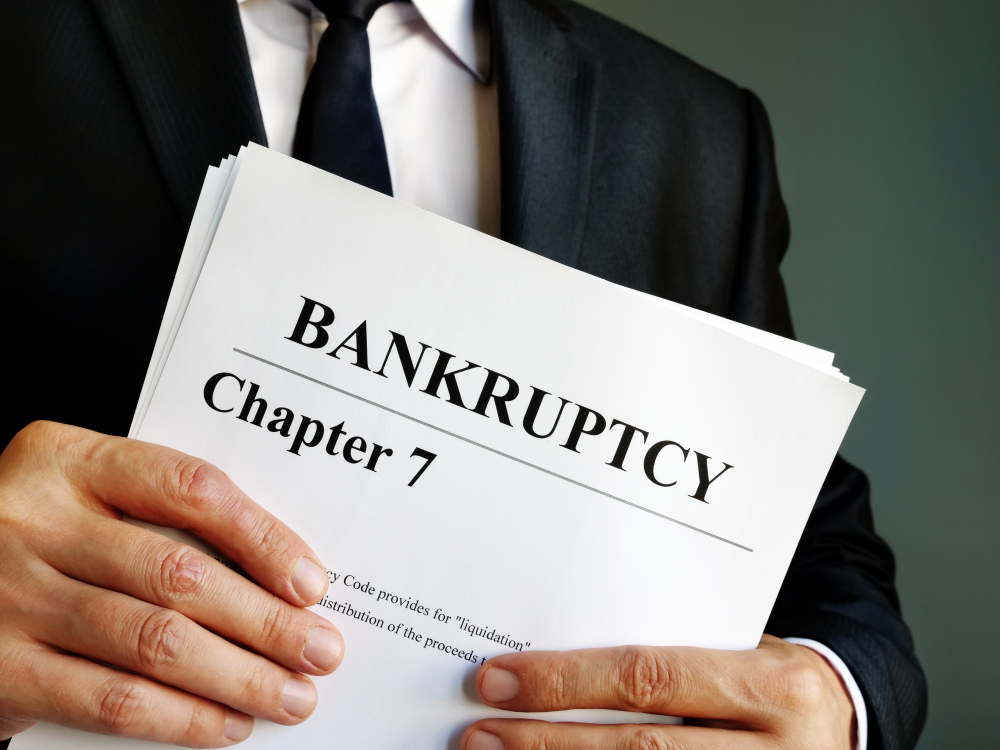Filing bankruptcy is a big step that has its benefits and drawbacks; hence, it is a decision that needs in-depth contemplation. Nevertheless, Chapter 7 bankruptcy is a powerful tool for debt relief in the U.S. Many corporations and individuals utilize it to resolve their financial crisis and obtain a fresh start; bankruptcy filings have increased by 30% compared to last year. If you are struggling with money problems and want out, contact an experienced bankruptcy lawyer. If you have your doubts or concerns about filing Chapter 7, review the pros and cons to attain some clarity.
Pros of Chapter 7
1. Major Debt Relief
The foremost reason for filing Chapter 7 bankruptcy is that it allows a person/business to get rid of all unsecured debts, which includes utility, medical, and credit card bills, as well as other personal loans. The best part is that there is no limit to debt relief, which means the bankruptcy may discharge hundreds and thousands of owed dollars.
2. Automatic Stay
When you file for Chapter 7, your property cannot be repossessed or foreclosed by a lender during the bankruptcy period. Although this may be a temporary solution, you buy some time to catch up on outstanding payments or figure out an alternative solution.
3. Protection from Debt Collectors
Thanks to the automatic stay, you are protected from creditors who may have been harassing you for debt collection earlier. If a certain debt is fully discharged, you attain permanent protection. On the contrary, you may get partial discharge and time extension to pay off remaining debt.
4. No Wage Garnishment
Once you are under protection of bankruptcy law, no creditor can claim a portion from your wages or monthly income. You can use this money to fulfill your basic needs and pay for regular expenses.
5. Property Exemptions
Chapter 7 lets you to retain assets that are necessary for day-to-day survival, such as a family home, car used for daily commute, clothes, furniture, etc. You can also hold onto other valuables that are worth less than a specific amount (typically $10,000 or less), thereby allowing you to maintain a comfortable lifestyle.
6. Clean Slate within Few Months
Chapter 7 is preferred to other types of bankruptcies because it helps resolve financial problems within 3-6 months. You attain immediate debt relief and a clean slate to build a better future. Chapter 13 bankruptcy on the other hand enrolls you into a debt payment plan that lasts up to 5 years.
Cons of Chapter 7
1. Income Limit
If your individual or business income is higher than a specified amount, you shall not qualify for Chapter 7. If you have substantial disposable income, the bankruptcy will be converted into Chapter 13, which means partial or no discharge of debt.
2. Bad Credit Score
No matter what kind of bankruptcy you file, your credit score will suffer. The bankruptcy report will remain on your credit report for 7-10 years. You will not be able to obtain new credit or loan for a while, or be subject to very high interest rates if you qualify. However, if your credit score is already below 600, bankruptcy will not make a big difference. In fact, it shall help you improve your scores within a few years.
3. Asset Liquidation
Non-exempt assets, such as very expensive cars, real estate, and collectibles will be liquidated by the bankruptcy trustee to compensate your creditors.
4. Unwanted Publicity
When you file for bankruptcy, the details of your financial condition becomes accessible to the public. Anyone can look up details of the bankruptcy, though not many people do.
5. Non-dischargeable Debts
Secured debts, such as mortgages, student loans, and auto loans are not discharged by Chapter 7. Moreover, the bankruptcy does not provide relief from financial obligations, such as child support, alimony, and government taxes.




